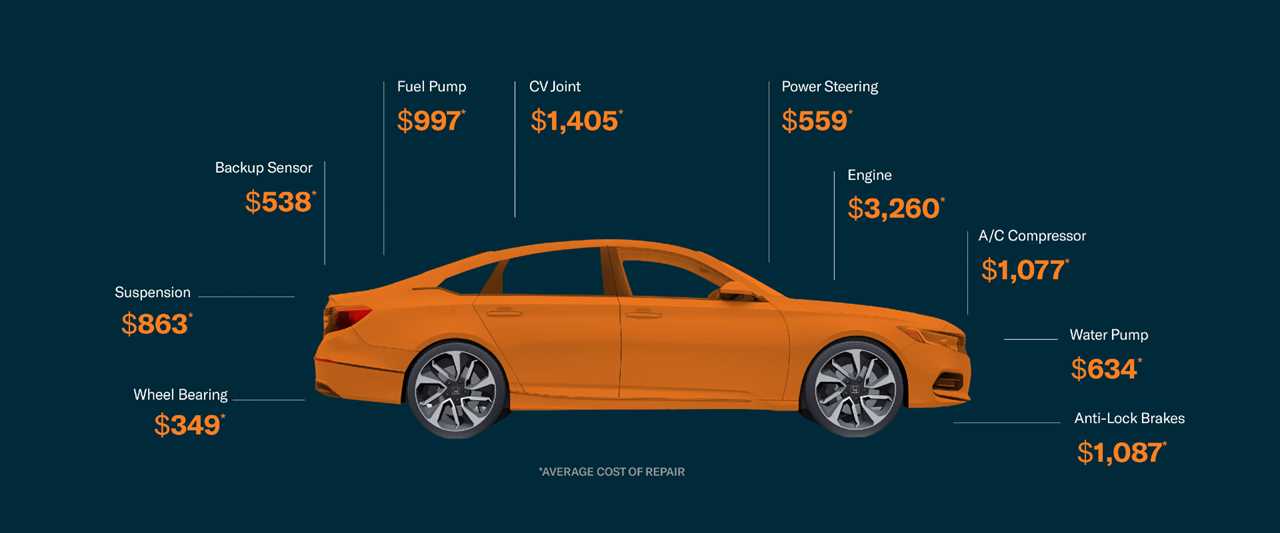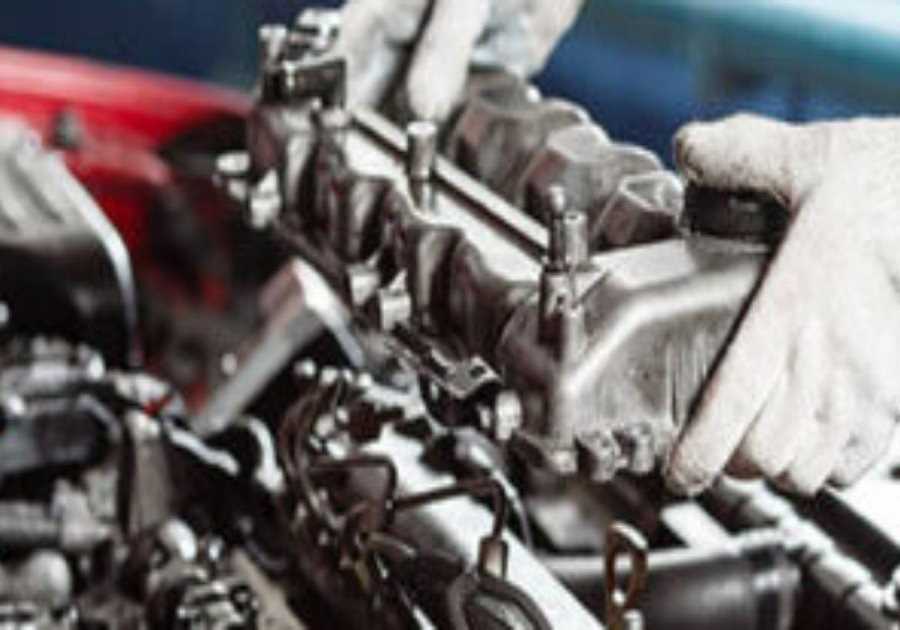
Automakers offer a variety of warranty programs, from bumper-to-bumper coverage to extended warranties that can go up to 10 years or 100,000 miles. These protections are designed to help drivers avoid having to pay for unexpected repairs out of pocket, but they can be expensive.
The average cost of a warranty can range from about $200 for a year to $3,500 for an extended plan, with some plans being twice that price. These costs depend on a number of factors, including your vehicle's age and mileage, your existing coverage and the type of provider you choose.
New car manufacturers typically include a factory warranty with the purchase of a brand new vehicle, but it only covers the vehicle for a certain number of years or miles. Once you reach that limit, you'll have to pay out of pocket for any repairs and other costs, including repairing or replacing parts that break down due to normal wear and tear.
Some brands offer warranty protection through third-party providers. This can be a good way to get the most value for your money. These third-party companies may have a variety of service contracts and pricing options to suit your budget.
Whether your automotive repair shop offers a complete warranty or not is another matter. You'll want to make sure you have the right information before agreeing to a deal and that you get clear details about what parts will be covered, how long those parts will last and if they're of the highest quality.
Most auto repair shops have a warranty that covers their workmanship, as well as their parts. This is separate from your consumer rights and it's a good idea to check this out before deciding where you'd like to have work done on your vehicle.
If you're unsure about the warranty or what it includes, you can ask your mechanic to provide a copy of their warranty. They should also explain what the warranty does and does not cover, as well as any exclusions or limitations.
After warranty
Many reputable auto repair shops will give you an estimate of the specific kinds of repairs your vehicle needs before they start work. This will help you be more confident in the prices they charge, as well as make it easier to compare them to other shops when it's time to pay.
The repair shop must provide you with a detailed invoice that lists the parts they're using, what they're supposed to be, and the labor they've charged you. You'll also want to see if they're using original equipment manufacturer (OEM) parts, which can be more expensive.
This is a big part of the reason independent auto repair shops are so popular. They often have a higher level of expertise and better customer service than dealerships.
The law protects all consumers by preventing automakers from voiding the warranty on a vehicle that has been serviced at an independent mechanic. If the dealer tries to do this, you can take the dealership to arbitration or to court and challenge the dealer's actions.






